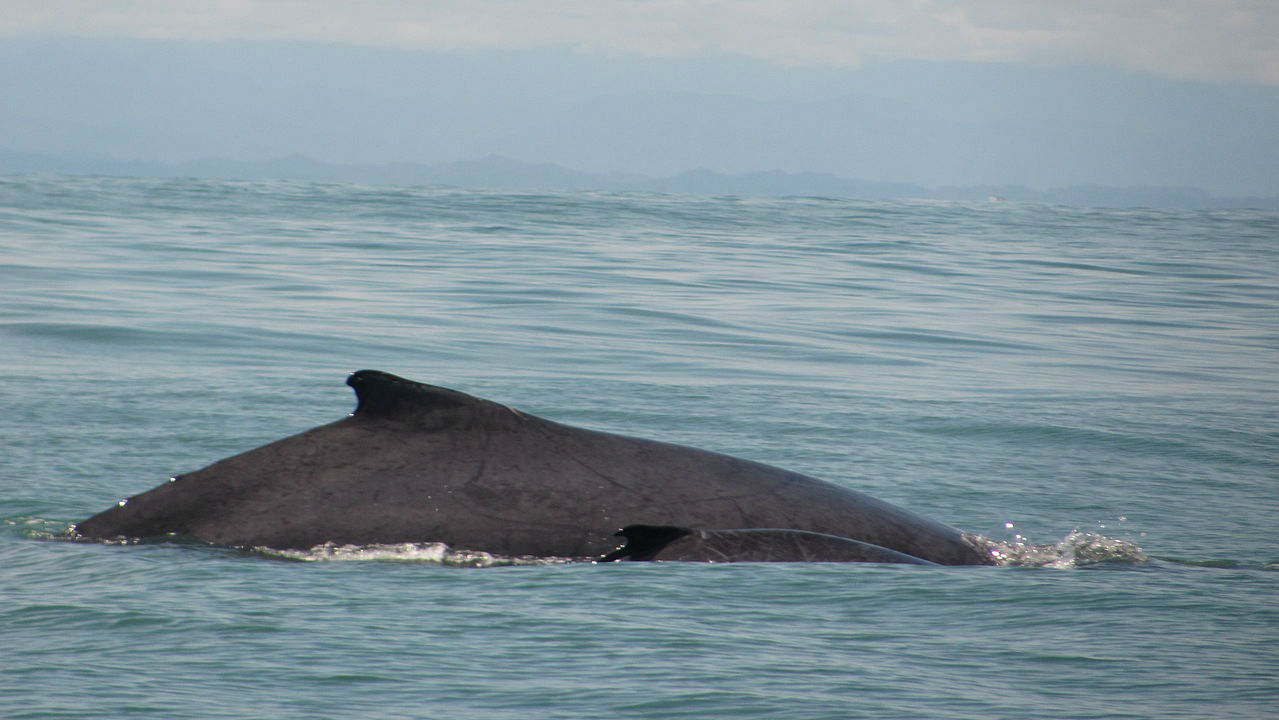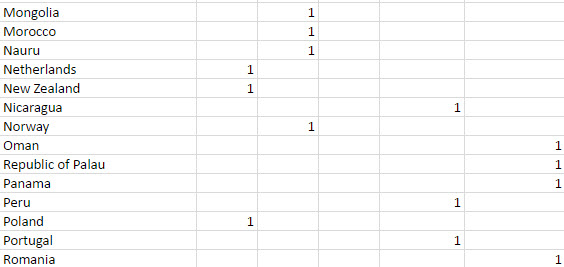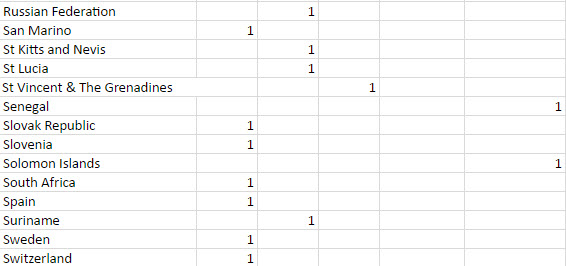Twenty-Four Nations Block Whale Sanctuary Proposal

On Tuesday, countries led by Japan blocked a move by South American and African states to create a South Atlantic sanctuary for whales said to be endangered by hunting despite a global moratorium in force for 30 years.
The proposal brought by five African and South American countries would have needed the support of three quarters of the International Whaling Commission's 88 members. In the event, 24 countries were opposed, including Japan, Norway and Iceland.
These countries are some of a handful of countries that continue to hunt whales by making use of a loophole in the moratorium allowing the practice of "scientific whaling" where carcasses are examined before the meat, prized by many Japanese as a delicacy, is eaten.
Japan says the point of examining the carcasses is to determine the age of dead whales so as to increase awareness of what is needed to help preserve sustainable whale numbers.
Tokyo and its pro-whaling allies had no immediate comment on Tuesday. On Monday, Japanese envoy Joji Morishita said the Commission remained split between a majority backing a total whaling ban and countries supporting sustainable utilization.
"Unless we solve this issue, or find a way out of this stalemate, no issue will be actually discussed in a constructive manner," Morishita said.
Pro-sanctuary countries says "sustainable utilization" is not good enough to protect endangered whale species.
"Brazil does not accept the practice (of scientific whaling). The (loophole) should not be there at all," Hermano Telles Ribeiro, the Commission envoy for Brazil said after the vote at the meeting held in a Slovenian seaside resort.
Ribeiro said it was high time to tighten the 70-year-old International Convention for the Regulation of Whaling.
"We are (now) 70 years beyond, so let's engage in conversations and see ... if there is common ground for the governance of the IWC."
The moratorium was introduced at the urging of environmentalists to preserve dwindling whale stocks in the world's oceans. The sanctuaries improved protection of whales from pollution and entanglement in fishing nets.
Scientists estimate that some 300,000 whales and dolphins die annually after being accidentally caught in fishing gear.
Environmentalists have said the South Atlantic is crucial to preserving whale diversity. "This is an area that is critically important to a wide range of whale species," said Matt Collis of the International Fund for Animal Welfare (IFAW).
“Non-lethal whale research in this area has already provided valuable data on whales and a sanctuary would have built on this further, giving us far more useful and precise information than has ever been gained from so-called scientific whaling.”
Whales inhabiting the South Atlantic include fin, humpback, blue, sei, minke, right, orca and sperm whales.
.jpg)
.jpg)
.jpg)
.jpg)



